Unlikely Engineering Innovations
Alex Nash and Matt Pope
Engineering fish food - It’s an unlikely start, to an even more unlikely venture that has led us here this weekend. To compound confusion further, neither of us is an engineer; at least not in the traditional sense. Then again, very little about our chosen area of study would be considered particularly conventional, but more the stuff of science fiction. Our work centres on synthetic biology, a chimeric blend of biology and engineering science, which aims to repudiate the established perception of biological systems. By considering living organisms as being constructed of a hierarchy of genetic parts, devices and systems, practitioners within our broad church work to restitch the fabric of the natural world to achieve a wide range of goals.
Given its somewhat unconventional nature and remit to circumvent the established biological order, synthetic biology is often likened to hacking or ‘biohacking’, and this is reflected in its origins. First conceived in 1910 by French Chemist, Stéphane Leduc, and delivered nearly a century later by MIT computer scientist, Tom Knight, synthetic biology inhabits a somewhat eclectic space within the realm of human intellectual endeavour. In part due to its connection to computational sciences, the rise of synthetic biology has birthed the DIY-biology movement, and moved towards an open-source platform for the dissemination of scientific discovery and innovation, wherein non-traditional researchers and research are increasingly welcome and the limits of interdisciplinary collaboration are pushed.
The advent of potent genetic engineering tools emerging from synthetic biology research, expanding its sphere of influence, has given greater focus has been given to innovation outside of the traditional remit of the biosciences. This theme of versatility, and circumventing convention is what has catalysed our interest in the field, and is the basis for our own project. Our work aims to provide disruptive biological technologies to the fishing industry, supporting a global shift from open-water fishing, to industrial aquaculture. It is part of a growing trend in agriculture, moving away from traditional farming and cultivation techniques, towards more environmentally and financially sustainable methods. We’ve joined a growing raft of scientists, aiming to engineer industrially relevant organisms, to replace established food sources used as feeds in farming – both on land and in the sea.
We work to engineer pond scum. Or, rather more specifically, micro-algae. These tiny photosynthetic organisms have long been favoured in the synthetic biology community thanks to their ability to convert sunlight and carbon dioxide into a range of biochemical products. This has led to algae being engineered to synthesize everything from biofuels, to food flavourings and scents. Beauty is evidently only skin-deep. In our case, we’re engineering micro-algae as a food substitute for the ground fish meal, typically used to feed fish stocks in commercial aquaculture set-ups. Our hope is to improve environmental and financial control of the way we feed our food.
The point we’re at now is the result of a rather circuitous journey through engineering, and is most certainly outside the traditional engineering sphere. However, in many ways, this is what excites us most. As synthetic biology has expanded over the past decade and a half, the routes by which individuals can affect meaningful innovation have multiplied exponentially, giving rise to all manner of new areas to explore and develop. We feel strongly then, that even as two misfit biochemists-turned-engineers, we have an opportunity to carve out our own niche within the broader field of engineering. That brings great hope for a future in which more non-traditional routes to engineering innovation can be achieved, by pioneers from a far broader range of backgrounds, achieving in ever more unlikely areas.
 Image: Cyanofeed. Alex Nash and Matt Pope
Image: Cyanofeed. Alex Nash and Matt Pope
